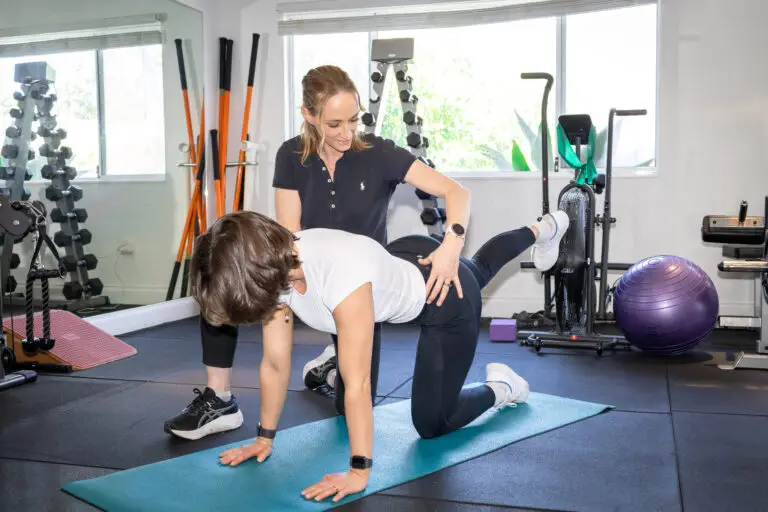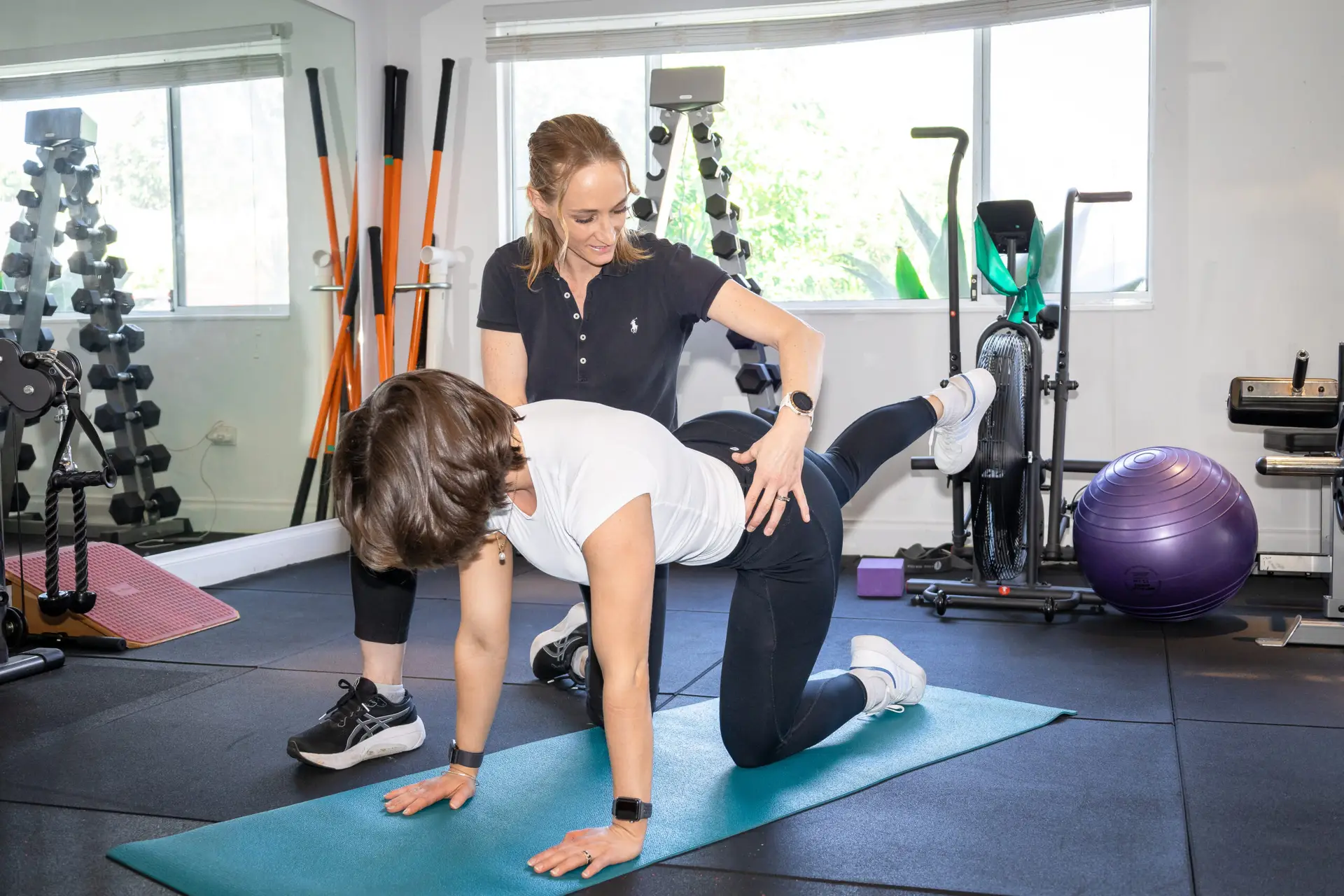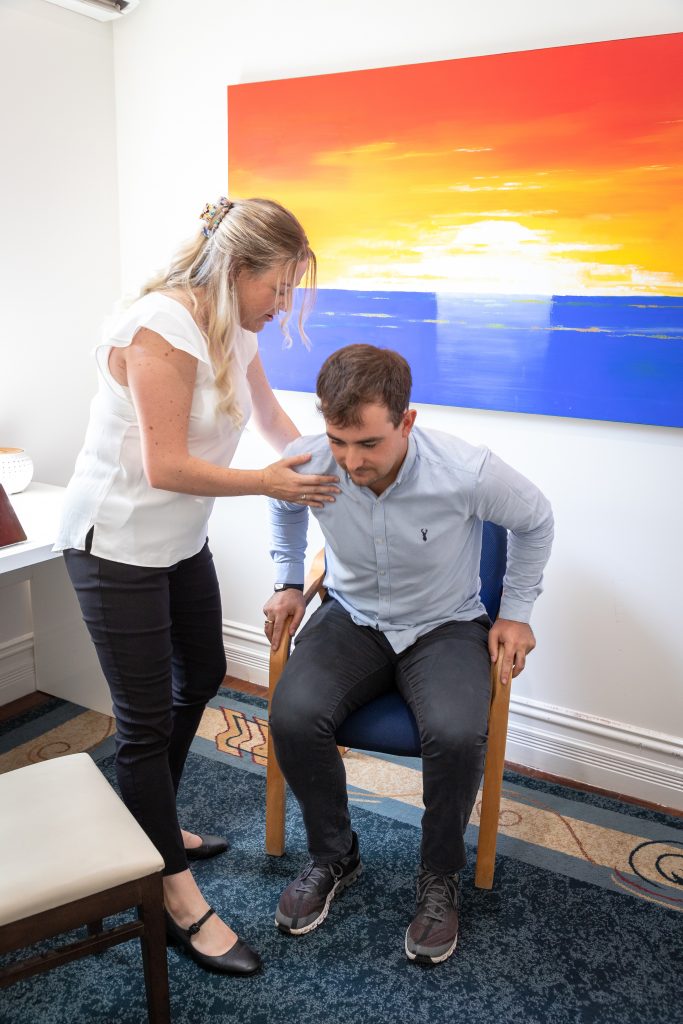Welcoming the New Year: Prioritizing Your Health a Multi-disciplinary Approach
Welcoming the New Year: Prioritizing Your Health a Multi-disciplinary Approach
The New Year is here—a fresh opportunity to focus on health, set goals, and build habits that enhance your overall well-being. While resolutions often center on fitness or diet, a holistic approach involving allied health professionals can provide lasting benefits. This multidisciplinary field includes physiotherapists, podiatrists, chiropractors, exercise physiologists, dietitians, psychologists, occupational therapists, and more, all working collaboratively to improve your quality of life.
Why Allied Health?
Allied health professionals specialize in preventing, managing, and treating a variety of physical and mental health concerns. Whether you’re recovering from an injury, managing a chronic condition, or seeking ways to optimize your health, these experts can help. Beginning the year with a thorough assessment allows you to address any overlooked areas and create sustainable, personalized strategies to achieve your goals.
Setting Realistic and Sustainable Goals
New Year’s resolutions often falter due to unrealistic expectations. By consulting allied health professionals, you can set attainable goals and receive expert guidance to help you stay on track. For example:
- Physiotherapists can create exercise programs to address injuries, build strength, or enhance mobility.
- Podiatrists can assess foot mechanics and recommend orthotics or footwear for new sports or fitness routines.
- Dietitians can provide meal plans tailored to your lifestyle, ensuring sustainable and nutritious choices.
- Chiropractors can address spinal alignment and posture to improve function, alleviate pain, and enhance overall health.
- Exercise Physiologists can guide you in developing safe and effective fitness routines, particularly if you’re new to exercise or managing chronic conditions like arthritis, diabetes, or heart disease.
With their expertise, your goals become actionable and achievable, reducing frustration and increasing long-term adherence.
The Importance of Preventative Health
A cornerstone of allied health is prevention. Regular visits to allied health professionals can help identify and address potential issues before they escalate. Examples include:
- Chiropractic care to prevent postural issues and spinal strain from desk jobs or repetitive activities.
- Exercise physiology to reduce the risk of injury when starting a new fitness program or transitioning to higher-intensity training.
- Podiatry to prevent foot problems such as plantar fasciitis or bunions, especially if your routine involves prolonged standing or running.
- Physiotherapy to address muscle imbalances or joint stiffness before they lead to chronic pain or injuries.
Preventative care not only helps you feel your best today but also safeguards your long-term health.
Holistic Health: Building Your Team
Achieving optimal health often requires a collaborative approach. By assembling a team of allied health professionals, you can address all aspects of your well-being: physical, mental, and emotional. For instance, pairing chiropractic care with physiotherapy may improve posture and mobility, while dietetic advice combined with exercise physiology ensures your body is fueled and conditioned for your goals.
Starting the Year Right
The New Year isn’t just about resolutions; it’s about commitment to your well-being. Whether you aim to recover from injury, manage a chronic condition, enhance athletic performance, or simply feel your best, allied health professionals are here to guide you. Their expertise ensures your approach is safe, effective, and tailored to your unique needs.
This year, let your health take center stage. Consult an allied health professional to craft a plan that empowers you to thrive—not just in January, but all year long. Together, you can build a healthier, more vibrant you. Here’s to a year of well-being and success!









